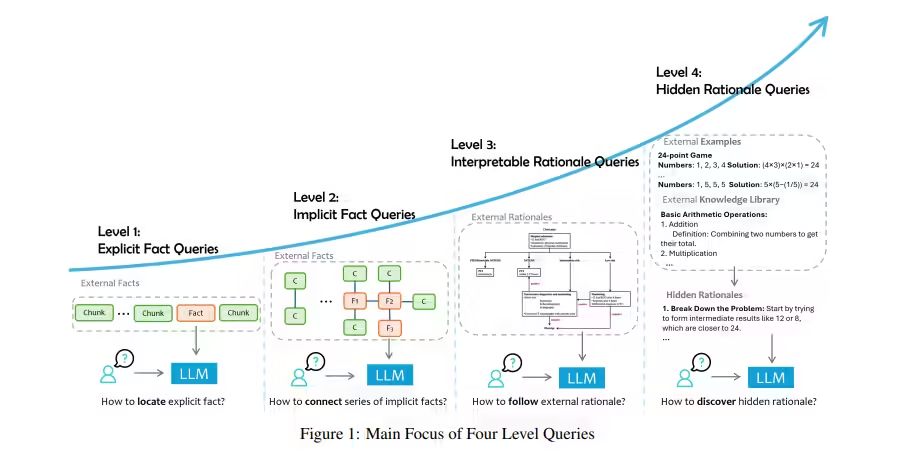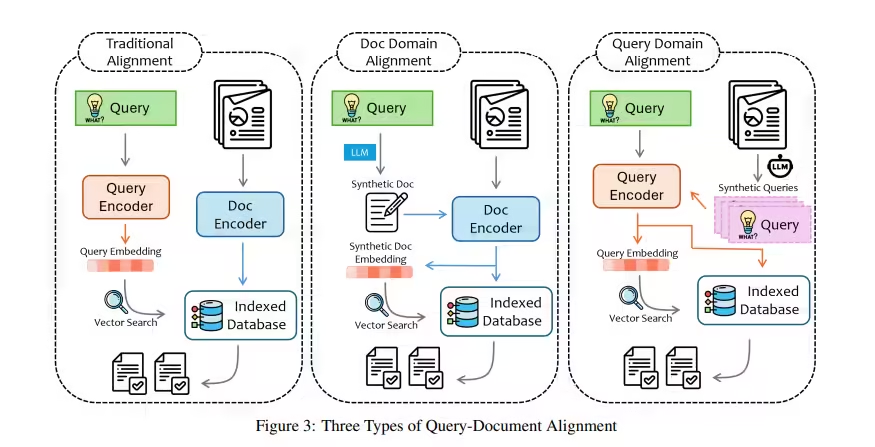AI models, like ChatGPT, are really good at generating text and answering questions, but they have limitations. They often get outdated quickly because they rely on data they were trained on long ago. Also, they sometimes make up information, which is called “hallucination” in AI terms.
This is a problem, especially when the AI needs to answer questions in areas like medicine or law, where being wrong can be a big deal. To fix this, a new method called Retrieval Augmented Generation (RAG) is being used.
This approach allows AI to pull in fresh, specific information from external sources, making its answers more reliable. This study looks at how RAG works and how it can improve AI’s performance in real-world applications.
Summary Table:
| Section | Details |
|---|---|
| Problem | How to effectively augment Large Language Models (LLMs) with external data to improve accuracy, reduce hallucinations, enhance professionalism, timeliness, and domain-specific performance in applications like finance, healthcare, and legal services. |
| Methodology | The paper surveys techniques like Retrieval Augmented Generation (RAG), data fine-tuning, and small model integration. It proposes a categorization of user queries into four levels and recommends different techniques for each level. |
| Key Findings | Data-augmented LLMs improve performance, but challenges include data retrieval, understanding user queries, and aligning models with domain-specific reasoning. The study suggests that no one-size-fits-all approach exists, and context-aware strategies are needed. |
| Applications | The techniques can be applied in industries like healthcare (diagnostic systems), finance (time-series forecasting), legal (document analysis), and customer support (workflow automation). They reduce hallucination and improve interpretability and controllability. |
| Limitations | Challenges include the high complexity of data retrieval from diverse datasets, the need for extensive human input to optimize LLM applications, and the lack of universally applicable techniques for query resolution. |
Research Problem:
The main question here is: How can we make AI models like ChatGPT use real-world information better? This is important because, without the right data, AI can’t answer questions accurately, especially in complex fields like healthcare or finance.
By improving how AI uses external data, it could transform industries, helping experts get accurate information faster and reducing mistakes.

Methodology:
To study this, researchers explored various ways of combining AI with external data. The most important method is RAG, where the AI pulls in data from outside sources to make sure its answers are up-to-date and accurate. They tested this by looking at how the AI performed across different areas like law and medicine using real-world datasets.
Other methods included fine-tuning (which means adjusting the AI with new information) and creating smaller versions of AI models that specialize in certain topics.
Key Findings:
Here’s what they found:
- Better Accuracy: By using up-to-date information, AI made fewer mistakes. For example, in healthcare, the AI gave more accurate answers when it used the latest medical guidelines.
- Improved Reasoning: AI was better at solving tricky questions, especially ones that required more thinking, like legal problems.
- Specialized Knowledge: When AI used specific data from areas like finance or law, it gave more useful and precise answers.
- Lower Costs: Fine-tuning AI with the right data made it cheaper to run since it didn’t have to learn everything from scratch each time.
Analysis:
The research shows that using external data, especially through Retrieval Augmented Generation (RAG), makes AI much more useful in real-world scenarios. For example, doctors could use AI to get quick, accurate medical advice, and lawyers could use it to research cases faster.
However, there are still challenges especially in how to teach AI to handle more complicated questions that need multiple steps of reasoning. There’s also the issue of ensuring the data used is accurate and keeping privacy in mind when working with sensitive information.

Applications of Research:
- Healthcare: AI can assist doctors in diagnosing and recommending treatments by using the latest medical guidelines and patient data.
- Legal Research: AI can help lawyers quickly find relevant case law and legal precedents, speeding up the research process.
- Finance: AI can analyze financial markets in real-time, providing insights based on current economic data and trends.
- Customer Support: AI can handle complex customer queries by pulling in company-specific information and guidelines, leading to more accurate responses.
- Education: AI can offer personalized learning experiences by retrieving educational content tailored to a student’s needs.
- Technical Support: AI can assist in troubleshooting by using past technical documentation and case histories to provide solutions.
- Business Decision-Making: AI can help companies make informed decisions by analyzing up-to-date business reports, market data, and competitive analysis.
Overall, using AI in these ways could save time and reduce the number of mistakes made by people.
Conclusion:
In short, giving AI access to real-world data through methods like Retrieval Augmented Generation (RAG) makes it smarter, more accurate, and better at handling specific tasks. This has the potential to change industries like healthcare, law, and finance.
However, there’s still more work to be done to make AI even better at complex reasoning tasks and handling sensitive data responsibly.